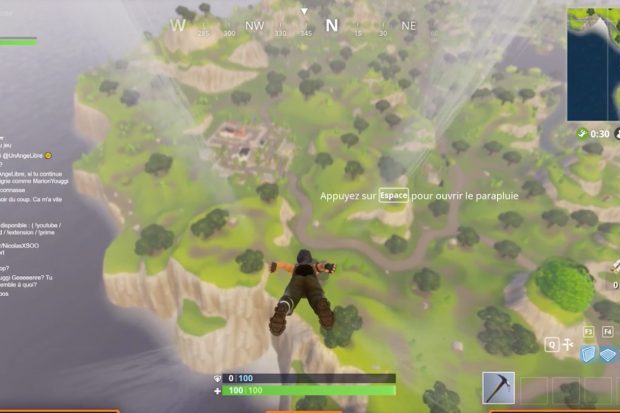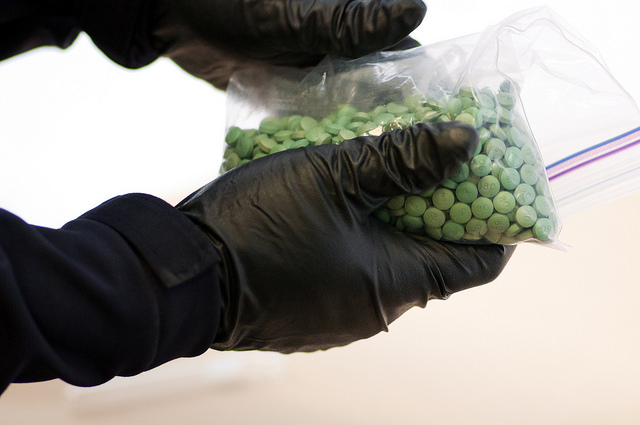A distributed resilience among darknet markets?
The actions by law enforcement were deliberately structured to seed distrust in illicit trading platforms. Did this effort succeed? …
Mapping Fentanyl Trades on the Darknet
The US accounts for almost 40% of global darknet trade, with Canada and Australia at 15% and 12%, respectively …
Why we shouldn’t be pathologising online gaming before the evidence is in
New study suggests that Internet Gaming Disorder (IGD) may not, in itself, be robustly associated with important clinical outcomes …
Censorship or rumour management? How Weibo constructs “truth” around crisis events
Examining the content moderation strategies of Sina Weibo, China’s largest microblogging platform, in regulating discussion of rumours following the 2015 Tianjin blasts …
Does Internet voting offer a solution to declining electoral turnout?
While a technological fix probably won’t address the underlying reasons for low turnout, it could help stop further decline by making voting easier …
From private profit to public liabilities: how platform capitalism’s business model works for children
Why has platform capitalism come to dominate children’s relationship to the internet and why is this problematic? …
Introducing Martin Dittus, Data Scientist and Darknet Researcher
Martin Dittus is a Data Scientist at the Oxford Internet Institute. The stringent ethics process governing his research means he currently can’t even contact anyone on the marketplace …
Exploring the Darknet in Five Easy Questions
We caught up with Martin Dittus to find out some basics about darknet markets, and why they’re interesting to study …
Digital platforms are governing systems—so it’s time we examined them in more detail
It’s important that we take a multi-perspective view of the role of digital platforms in contemporary society …









